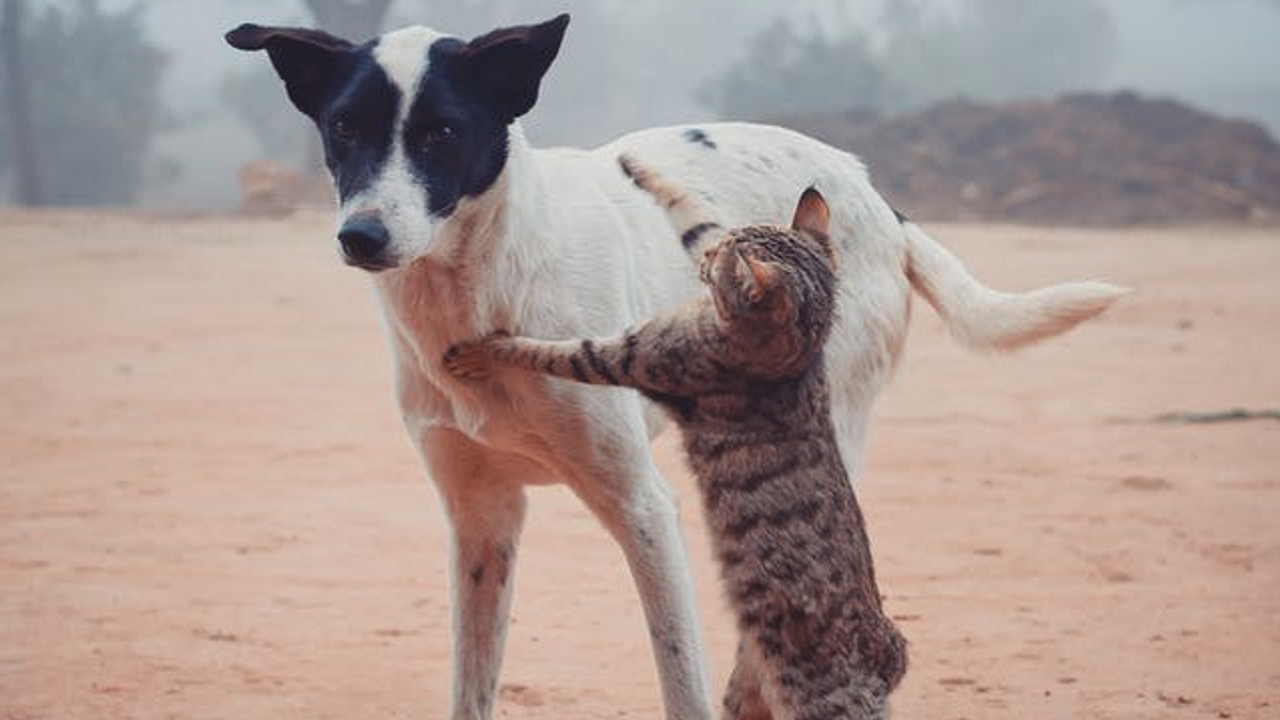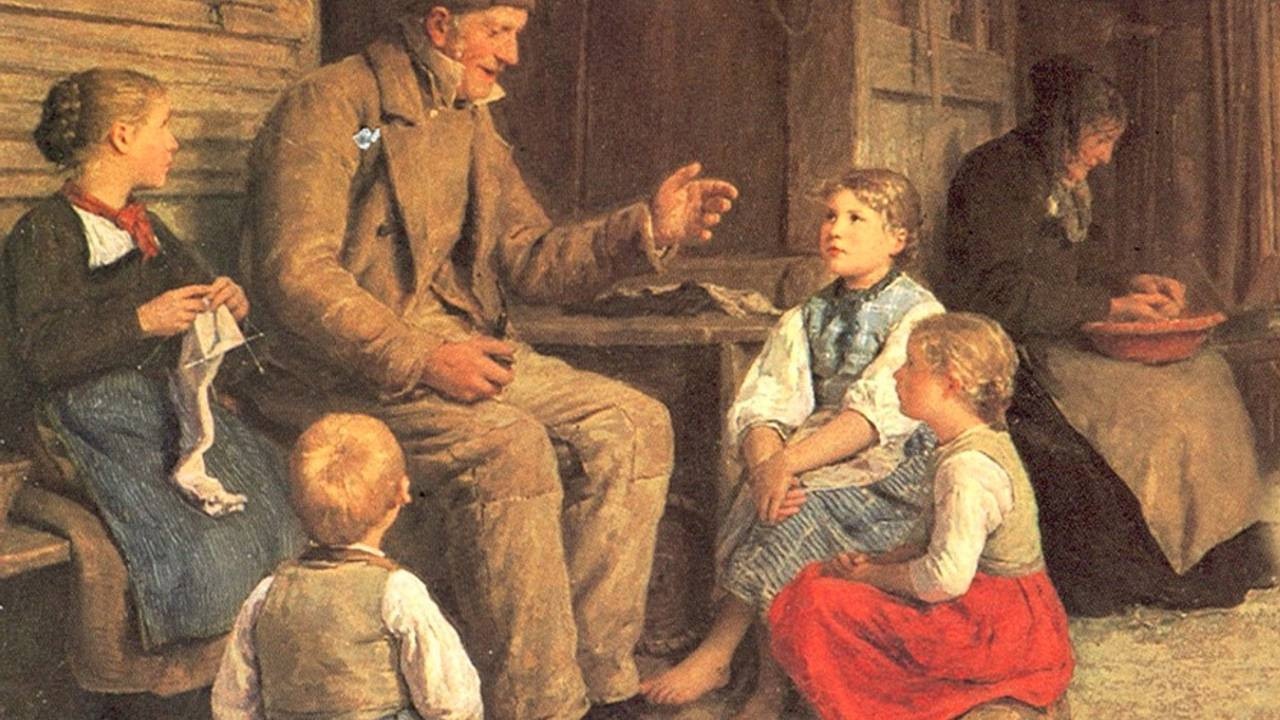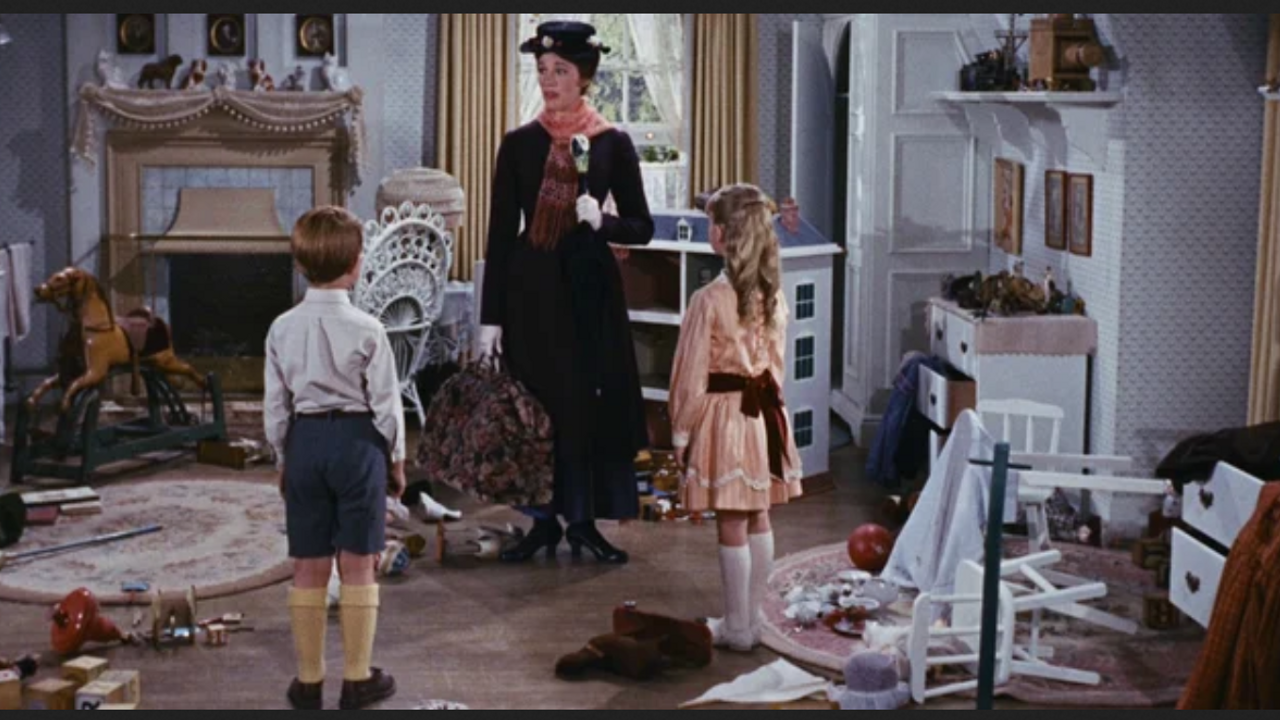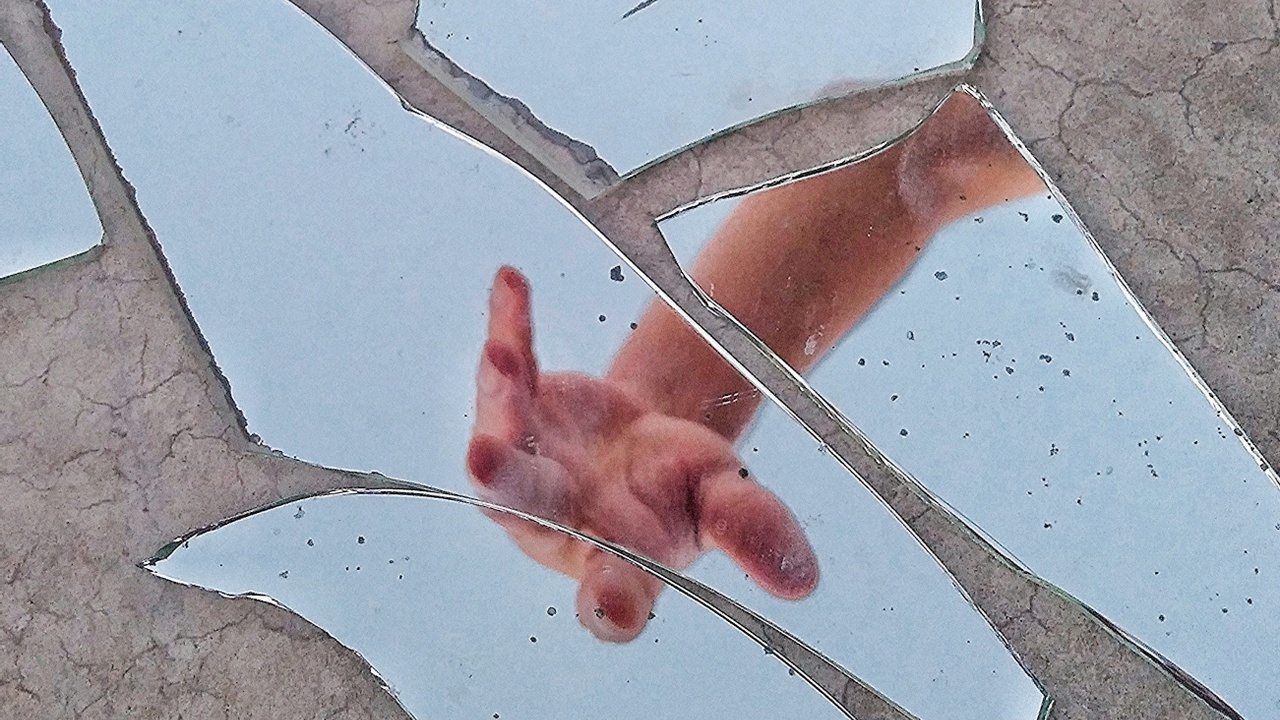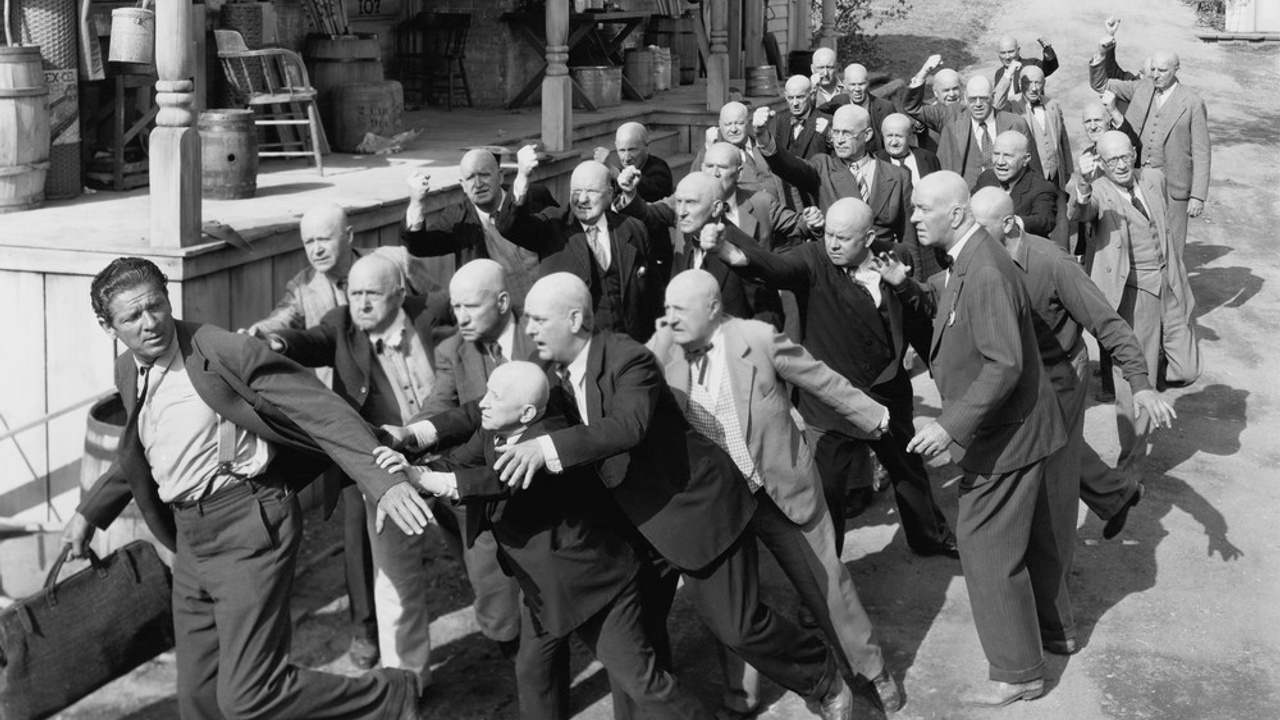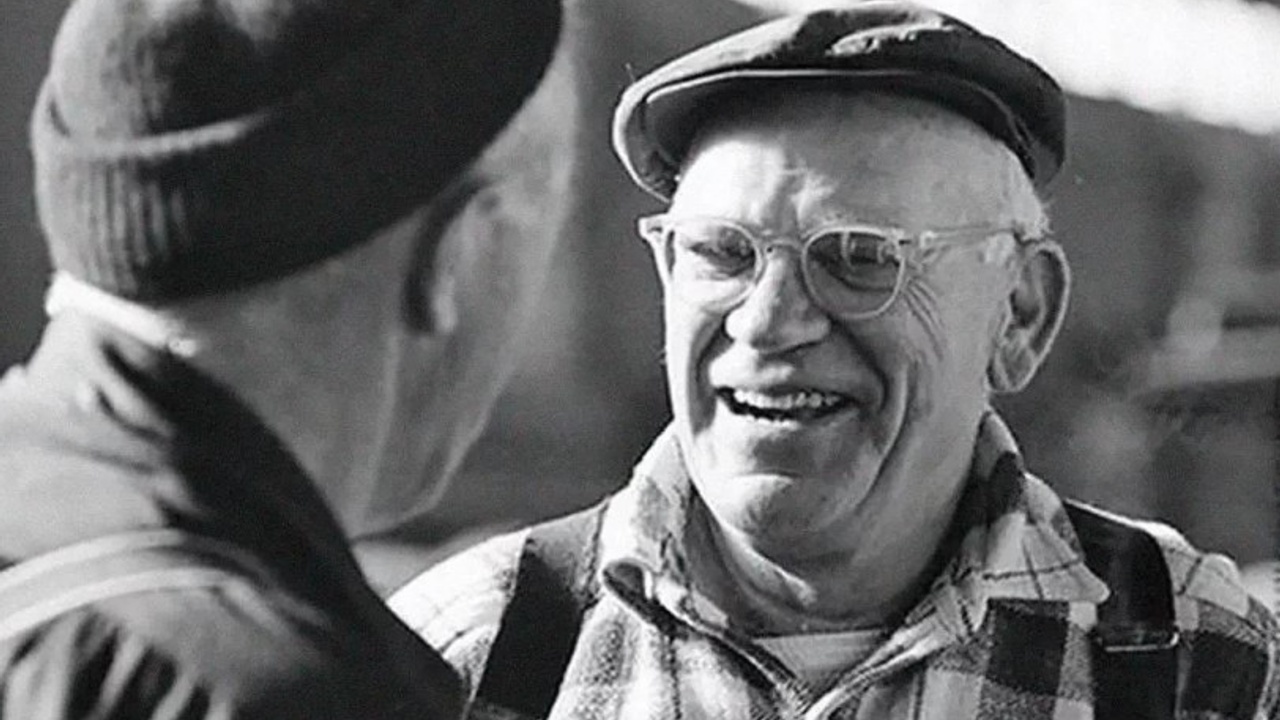Intuition About Ourselves: When To Think Twice
May 02, 2022
Here And Hero: Neuroscience of Ethical Societies
Feb 03, 2022
How Will This Year Smell?
Jan 07, 2022
Pain and the Neuroscience of Patience
Aug 09, 2021
What's the Story With Your Brain, Part 1
Jul 19, 2021
Psychological Doubling and the Neuroscience of Bias
Jun 23, 2021
Outrage For Love or Outrage For Guilt
Jun 14, 2021
Why competence is a problem
Jun 08, 2021
Science: the surprising story of why it's hard
May 22, 2021
Community keeps us safe, joyful, and sane
May 10, 2021
